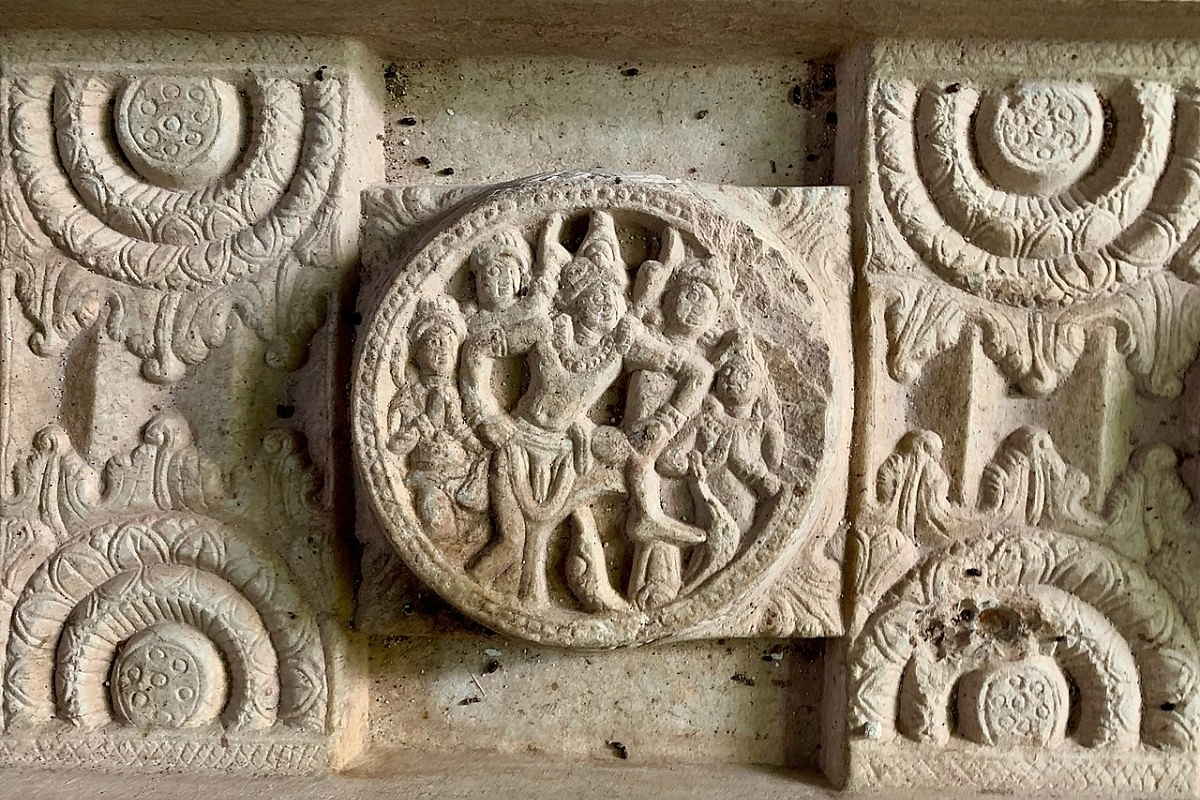News Brief
Archaeological Excavation At Phanigiri In Telangana Yields Trove of Ancient Coins From Third-Fourth Century CE

Phanigir Buddhist site (representative image)
Officials from the Department of Archaeology and Museums have made a significant discovery at the Phanigiri Buddhist site in Suryapet district in Telangana.
Led by N Sagar, the excavation director, and B Mallu, the co-excavator, the team unearthed a coin hoard on 29 March as per a report by The Hindu.
They found an earthen pot, measuring 16.7 cm in diameter and 15 cm in height, buried at a depth of two feet. Inside the pot, they discovered 3,730 lead coins, each featuring an elephant symbol on one side and the Ujjain symbol on the other.
The coins are believed to belong to the Ikshvaku period, dating between the third and fourth centuries CE.
In addition to the coins, the archaeologists found stone beads, glass beads, shell bangle fragments, stucco motifs, broken limestone sculptures, a wheel from a toy cart, final nails, and pottery.
Phanigiri is an important Buddhist site that has recently gained recognition, with many of its excavated artefacts now being showcased around the world, including at the New York Met Museum.
Support Swarajya's 50 Ground Reports Project & Sponsor A Story
Every general election Swarajya does a 50 ground reports project.
Aimed only at serious readers and those who appreciate the nuances of political undercurrents, the project provides a sense of India's electoral landscape. As you know, these reports are produced after considerable investment of travel, time and effort on the ground.
This time too we've kicked off the project in style and have covered over 30 constituencies already. If you're someone who appreciates such work and have enjoyed our coverage please consider sponsoring a ground report for just Rs 2999 to Rs 19,999 - it goes a long way in helping us produce more quality reportage.
You can also back this project by becoming a subscriber for as little as Rs 999 - so do click on this links and choose a plan that suits you and back us.
Click below to contribute.
Latest